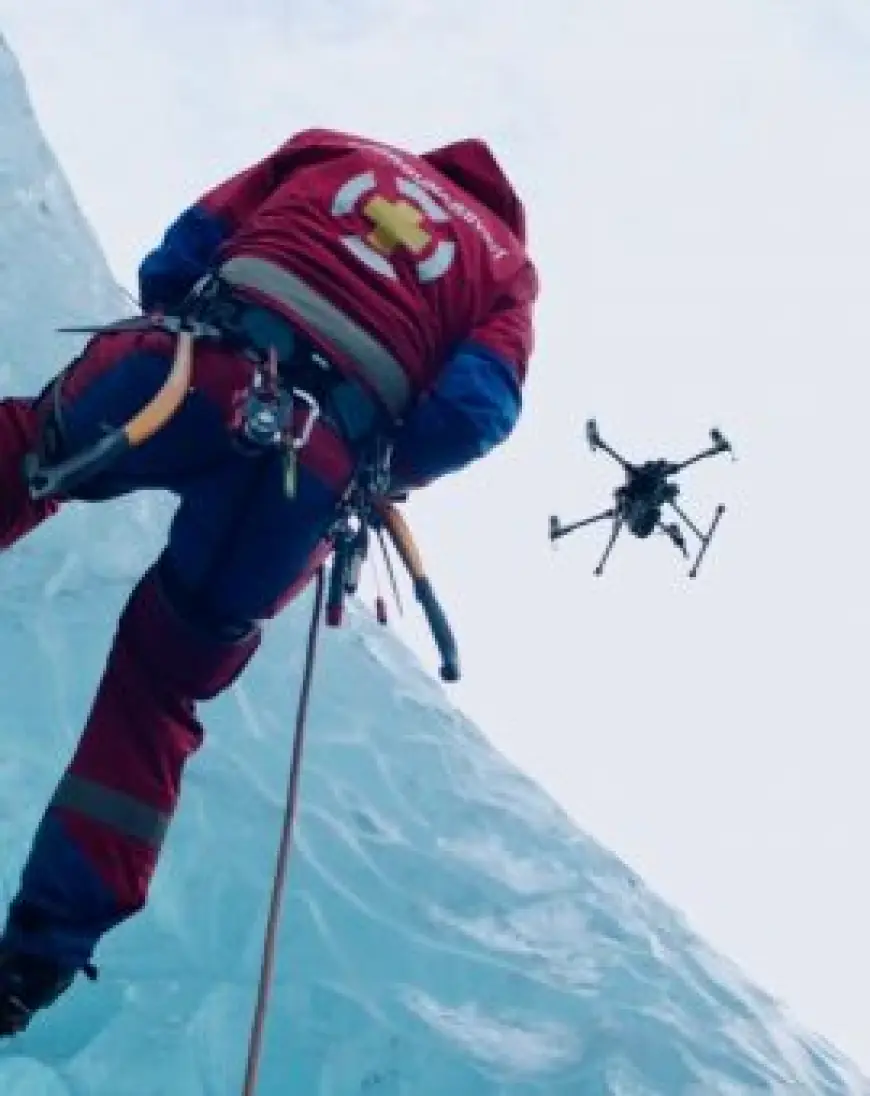Professional Drone Dlying
Taking Flight Professionally: Navigating the World of Drone Operations

Drones have rapidly evolved from hobbyist toys to indispensable tools across a vast range of industries. This transformation has given rise to a new breed of professionals: the drone pilot. But professional drone flying is much more than just buzzing around; it demands skill, meticulous planning, and a deep understanding of regulations and safety protocols.
Beyond the Fun: What Defines a Professional Drone Pilot?
While the thrill of flight is certainly a perk, professional drone flying is driven by specific goals. These can include:
- Aerial Photography and Videography: Capturing stunning visuals for real estate, marketing, film, and events that were previously inaccessible.
- Inspections and Surveying: Assessing infrastructure like bridges, power lines, and wind turbines with greater efficiency and safety than traditional methods.
- Agriculture: Monitoring crop health, mapping fields, and even precision spraying of fertilizers and pesticides.
- Search and Rescue: Assisting emergency services in locating people in hard-to-reach areas, providing crucial aerial overviews.
- Construction: Tracking progress, creating detailed site maps, and managing materials with drone-based data.
The Skills and Knowledge Required for Success
Becoming a professional drone pilot is not as simple as buying a drone and taking to the skies. It requires a combination of technical expertise and practical skills:
- Flight Proficiency: Mastering manual controls, understanding drone mechanics, and being able to handle various weather conditions are crucial.
- Regulatory Compliance: Understanding and following local and national drone regulations (like FAA Part 107 in the U.S., or similar certifications in other countries) is non-negotiable.
- Mission Planning: Mapping out flight paths, assessing risks, understanding airspace restrictions, and managing battery life are essential aspects of safe and efficient operations.
- Data Handling: Learning to process, analyze, and present the collected data is vital, turning raw footage into valuable insights.
- Problem-Solving: Being able to troubleshoot unexpected technical issues or adapt to changing conditions in real time.
- Communication and Collaboration: Working effectively with clients, team members, and other stakeholders is essential for project success.
Investing in Education and Certification
Formal training programs and certifications like the FAA's Part 107 are the best way to demonstrate competence and credibility. These courses cover:
- Airspace Regulations: Understanding controlled and uncontrolled airspace, and how to obtain flight authorizations.
- Drone Safety: Accident prevention, emergency procedures, and maintenance best practices.
- Meteorology: Understanding weather patterns and their impact on drone flight.
- Aeronautics: Basic principles of flight and drone mechanics.
Choosing the Right Equipment
The right drone is crucial for the operation. Professional drone pilots recognize that different tasks require different tools. Understanding the pros and cons of various drone models, camera systems, and software is part of the job. Considering factors such as range, payload capacity, sensor quality, and software compatibility is vital to success.
The Future of Drone Operations
The field of professional drone flying is rapidly expanding. As technology advances and regulations evolve, new opportunities will continue to emerge. With continued commitment to safety, innovation, and professional development, drone pilots will continue to play a critical role in shaping the future of various industries.
In Conclusion
Stepping into the world of professional drone flying is a journey that demands both passion and dedication. It requires a commitment to safety, continuous learning, and a willingness to adapt to the ever-changing landscape of drone technology and regulations. For those willing to invest the time and effort, the rewards are substantial, offering a challenging and innovative career path with significant growth potential.

 brentmeehan
brentmeehan 










